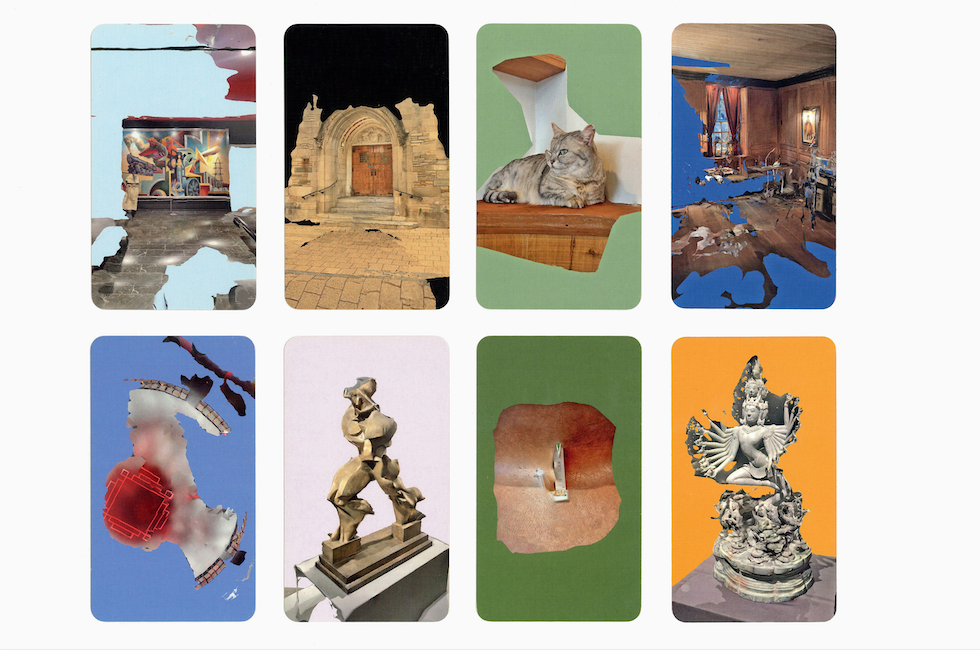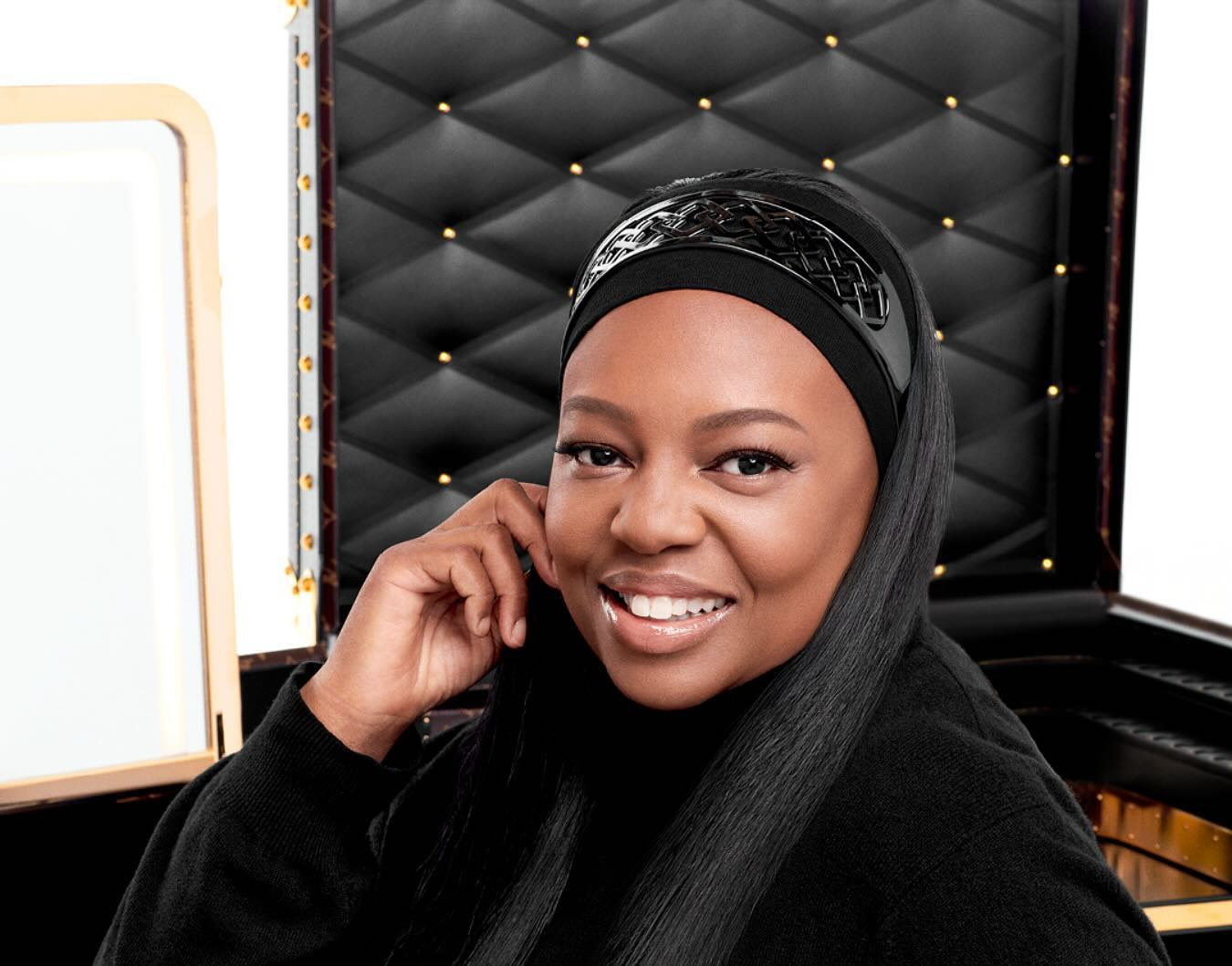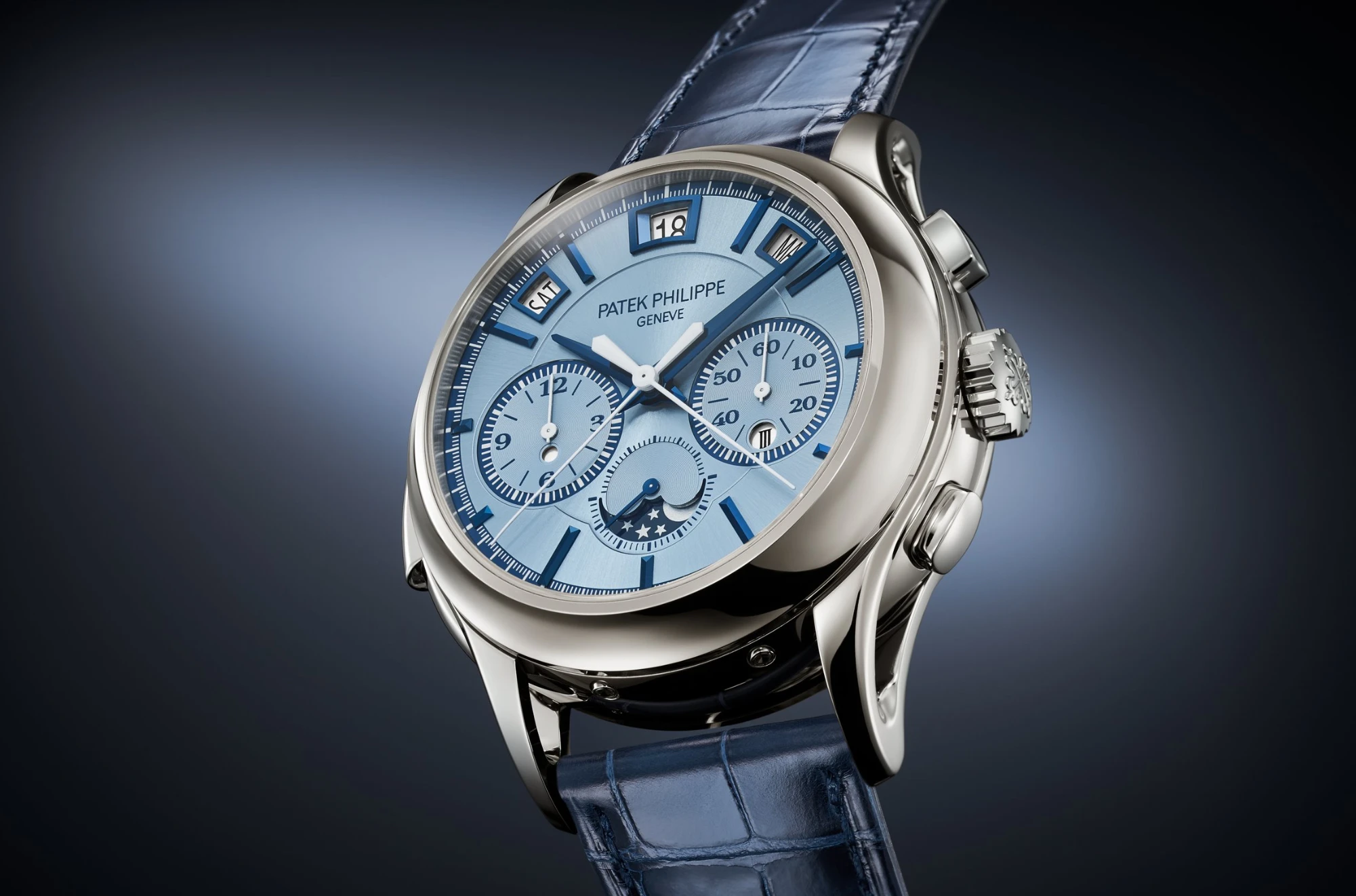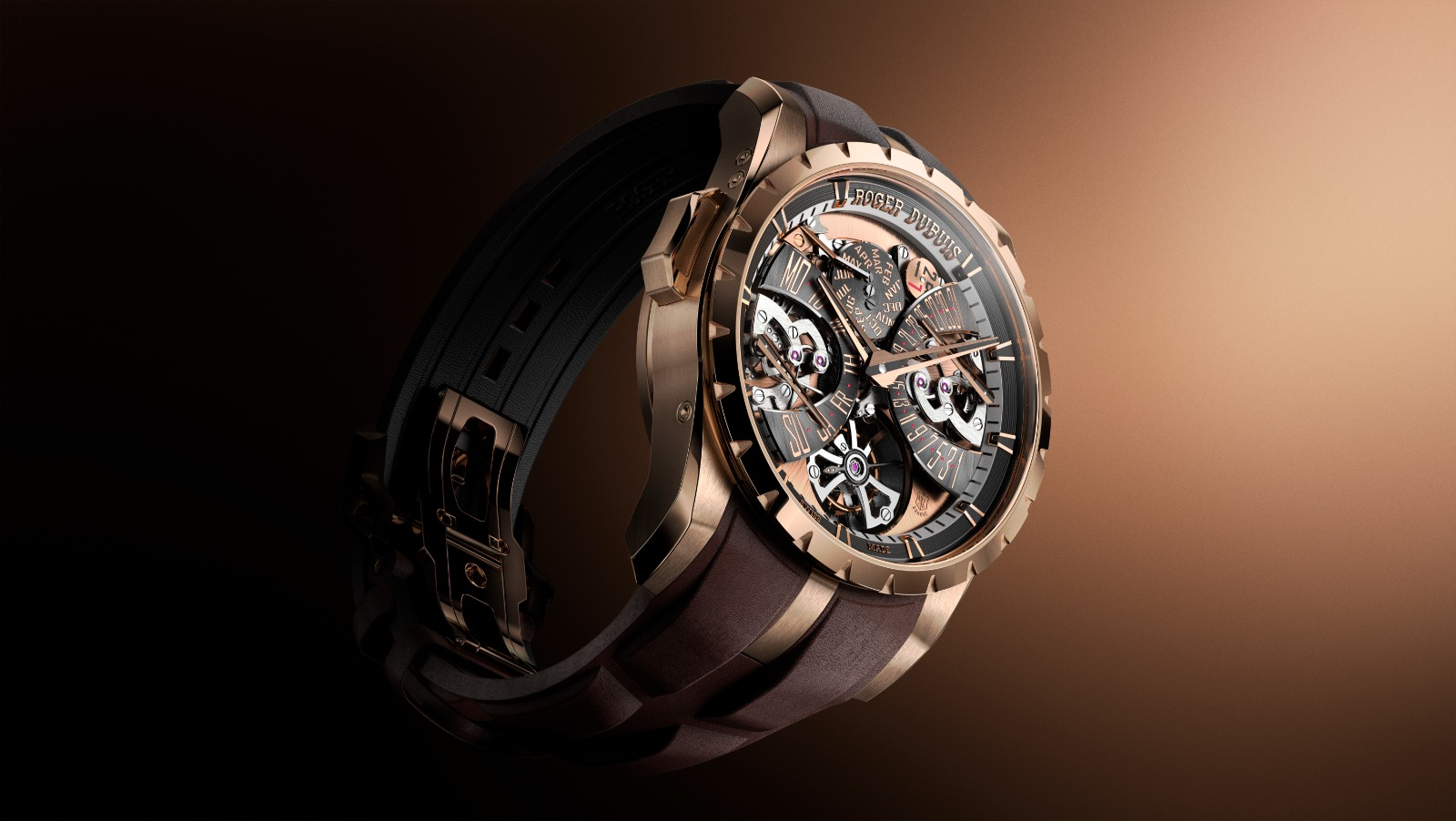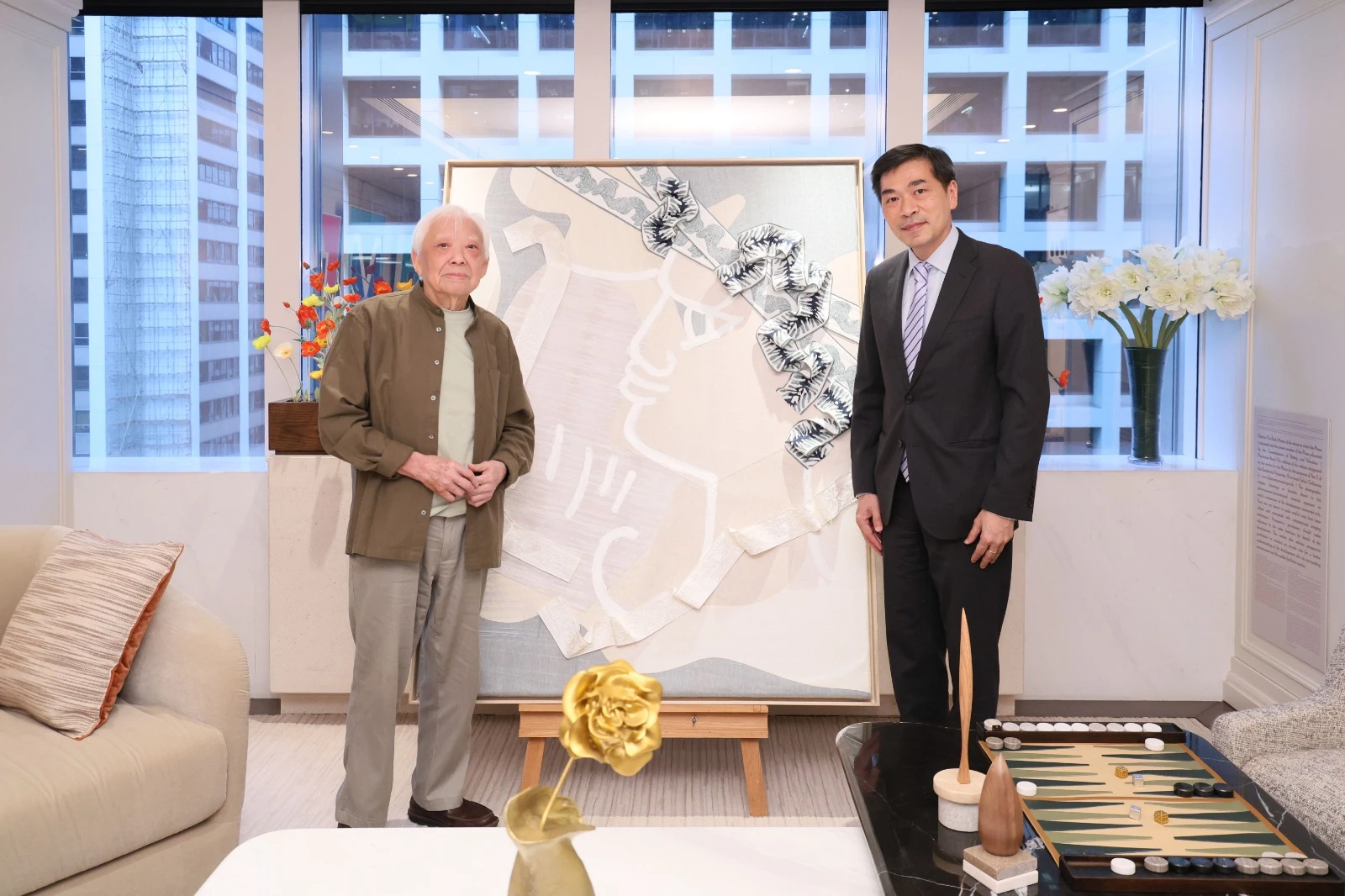The Meaning of Life According to Heston Blumenthal
May 02, 2017

An hour with Heston Blumenthal is, to use one of his favourite sayings, like falling down the rabbit hole; the unexpected becomes mundane and the mundane ceases to exist.
We speak the day after Blumenthal has claimed The World’s 50 Best Lifetime Achievement Award and it’s clear he is still processing the event. He has accomplished much — three Michelin stars, the world’s best restaurant, television programmes, myriad honorary degrees, a fellowship of the Royal Society of Chemistry and an OBE for services to British gastronomy — among many successes. But it soon becomes clear this is the end of Heston Blumenthal as we know him.
The man who turned on the entire planet to molecular gastronomy, or modernist cooking as he calls it, has found his calling and it’s not being a chef. Blumenthal 2.0 is setting out to save humanity, using food as a mechanism to explore human evolution and reconnect us with our true brain, our “brain gut”.
“I haven’t worked out how to do it yet, and I haven’t told anyone else this, but I think I’ve got something that connects string theory, relativity, parallel universes, emotion, diet and evolution,” he says. Blumenthal is more than 7,000 kilometres away, staring out from his hotel room in Sydney, and I can sense his elation. His mind is racing faster than his mouth can move, and he seems to be forming ideas as he speaks them. He may not know exactly what he is about to embark on but he knows his whole life has led up to this moment. It’s overwhelming. “I don’t know what to call it. It’s Buddhism, up to a point, therapy, up to a point, theory of relativity, it’s so many things, up to a point.”
Blumenthal argues that food is not simply fuel, it’s the catalyst for the development of our species. “We’re not omnivores and we’re not herbivores, we’re coctivores,” he says, referencing a TEDtalk with food scientist Heribert Watzke. The term was coined in 2010 from the Latin verb coquere, which means to cook, and implies that we evolved to eat cooked food. Watzke and Blumenthal believe cooking is the technology that allowed the human brain to treble in size, giving us the capacity to imagine. Imagination lead to invention and we created what we did not have, such as shared beliefs and technology. Eating created our society, so the theory goes.

Both men also hold that the stomach is more than an organ, it has a brain of its own which is connected to the limbic system and affects our emotions. “We need to be talking about the ‘brain gut’ and the conversation it has with our ‘big brain’. In milliseconds, what we eat changes our hormone levels and they affect our emotions and our awareness,” he says.
Blumenthal sees a great irony here. The ease of our modern lives – refrigeration, supermarkets, water filters – has created a “silent addiction” to rewards and other forms of instant gratification. Overeating, too many clicks and too much “sharing”with “friends” has dulled our senses and our awareness, the very things we once relied upon to survive. With technology, we have evolved away from our own humanity.
Blumenthal is setting out to “put the human back in humanity” and his restaurants will become a vehicle for his ideas, delivering them to the masses in quite literally, bite-sized pieces. “I came here [The World’s 50 Best] for a platform to tell people that ‘best’ and ‘better’ is a wrong ethos. You cannot possibly measure a restaurant because eating is emotional.” Blumenthal has always used his restaurants – The Fat Duck, The Hind’s Head, Dinner by Heston Blumenthal, in London and Melbourne, and The Perfectionists’ Café – to stimulate emotions that most adults repress; excitement, curiosity, playfulness.
“I want to put the kid back into the adult using nostalgia. People say, ‘No, I don’t want to go back’, but that’s where you should go,” he says. As he thinks ahead to his next menus, he is searching for concepts that will capture the essence of a universally relatable experience, something that will connect everyone in the restaurant through emotion. By finding commonality, he hopes to reawaken the spirit of being human.

As he tries to explain this nascent concept that, for now, seems just out of reach, he rattles off scientific theories and mathematical principles like recipe ingredients, stopping only when he senses my stunned silence. The man who failed his O-Levels seems to have an intimate knowledge of the subjects that fill my nightmares. He talks of magnetic force fields, Hermetic philosophy and of Planck lengths, the smallest unit of measurement in the universe. He has been called a genius for his appreciation of these concepts, an idea Blumenthal rejects. “I think our measurement of intelligence needs to be redefined because it’s all about IQ and computers can do intelligence much better than humans can,” he says. Instead he prefers the name he is called in mainland China, Ghost Genius, because it incorporates the incongruous ideas of something that cannot be measured and something that must be measured.
The last six months have been revelatory for Blumenthal and it is only now, despite his successes, that he feels he is living a life true to himself. “I’ve got boxes of awards and degrees and all of these things but I couldn’t put them up. Now I can because I realised that thanks to those experiences, I am where I am now, and my levels of happiness are through the roof.” He talks about changing his past through his future, and notes the unexpected ways his repressed memories effected his future. “We look at our memories as things that are behind us and we bury them, thinking we are protecting ourselves, but, in fact, we’re doing the opposite.” He describes humanity as a race of storytellers, a society that has the ability to symbolically travel back in time and alter reality by tapping into painful memories and accepting them. It’s therapy, Blumenthal-style.
Blumenthal’s own journey has increased his awareness to near supernatural levels, he says, allowing him to recall moments he has not experienced. “I told a journalist two weeks ago about a seaside holiday he had, there were small waves, with a jetty on the right-hand side and round pillars about three feet up. He said, ‘How?’ and I said, ‘It’s just a feeling.’ And it was correct. It’s not weird though, it’s just a feeling. You’ll think I’m a bit strange, and a bit of a weirdo, but every human being can do this, it’s just the result of being aware.”

What Blumenthal suffers from isn’t the weight of genius, or of madness, but rather the crushing pressure of insatiable curiosity. One does not come to quote quantum theory and astrophysical properties by being complacent. These ideas are the realm of the dreamers, the ones who are not able to accept what is, the ones that are pulled by unseen forces to discover why what is, is. What Blumenthal is blessed, and perhaps cursed with, is the ability to wonder, a lost art in the current age of instant information and sound-bites. His theories are polarising for a generation that has been fed on watered-down ideas, compressed from their elusive, esoteric grandeur into a bite-sized version of truth, but that does not mean they are invalid. Is he a genius or is he a madman? He’s just a man.
“I ask myself, Heston, why do you go down these routes that no one else has done before, you’re exposing yourself to criticism and people will think it’s a joke. The answer is simple, I had the belief. I couldn’t quite work it out, and I didn’t totally know what it was, but I had the belief and it was stronger than my fear.”
The conversation continues in this vein throughout the hour, a gallimaufry of disjointed narratives, some touching on happiness, others food, the state of culinary affairs in Australia, metaphysics and more. It’s clear that, to Blumenthal, each topic is connected, but there is a path here that I cannot see. However, this is not to say it is not there. Jack London ended The Star Rover with these words, “What shall I be when I live again? I wonder. I wonder…”. The words seem to capture the core of who and what Blumenthal is: an endlessly curious, vastly creative wonder.





